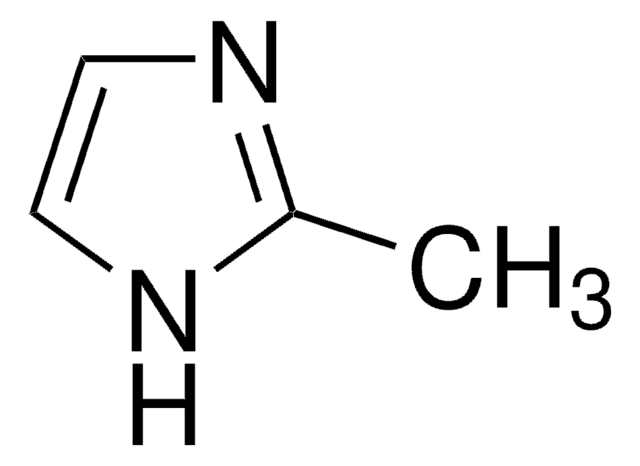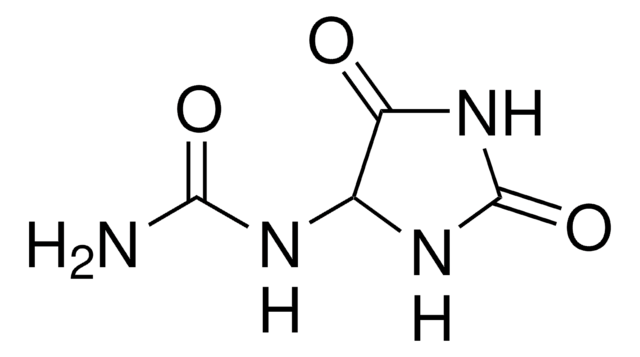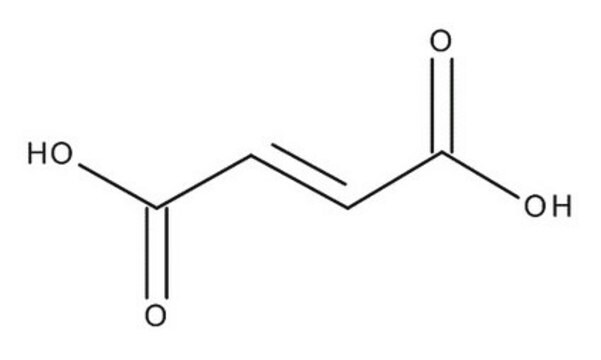F0600000
Fumaric acid
European Pharmacopoeia (EP) Reference Standard
About This Item
Recommended Products
grade
pharmaceutical primary standard
Agency
EP Reference Standard
vapor pressure
1.7 mmHg ( 165 °C)
API family
fumaric acid
autoignition temp.
1364 °F
expl. lim.
40 %
manufacturer/tradename
EDQM
mp
298-300 °C (subl.) (lit.)
application(s)
pharmaceutical (small molecule)
format
neat
SMILES string
OC(=O)\C=C\C(O)=O
InChI
1S/C4H4O4/c5-3(6)1-2-4(7)8/h1-2H,(H,5,6)(H,7,8)/b2-1+
InChI key
VZCYOOQTPOCHFL-OWOJBTEDSA-N
Looking for similar products? Visit Product Comparison Guide
General description
Application
Packaging
Other Notes
related product
Signal Word
Warning
Hazard Statements
Precautionary Statements
Hazard Classifications
Eye Irrit. 2
Storage Class Code
11 - Combustible Solids
WGK
WGK 1
Flash Point(F)
523.4 °F
Flash Point(C)
273 °C
Choose from one of the most recent versions:
Certificates of Analysis (COA)
Sorry, we don't have COAs for this product available online at this time.
If you need assistance, please contact Customer Support.
Already Own This Product?
Find documentation for the products that you have recently purchased in the Document Library.
Customers Also Viewed
Our team of scientists has experience in all areas of research including Life Science, Material Science, Chemical Synthesis, Chromatography, Analytical and many others.
Contact Technical Service







